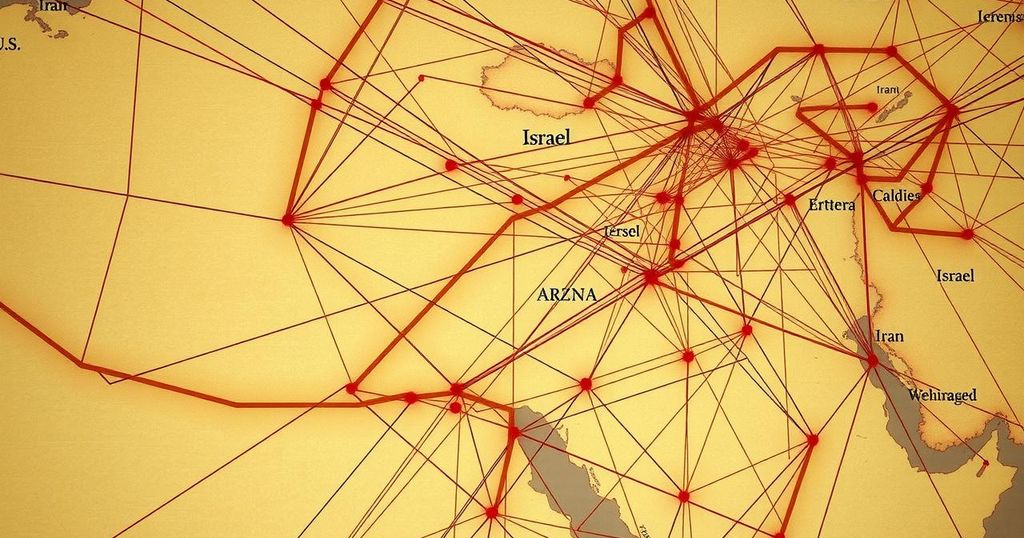Eritrea has become an Iranian proxy, posing a strategic threat to the U.S and Israel. Despite its interest in stabilizing Yemen, Eritrea’s regime is aligned with Iran, which complicates regional dynamics. The seizure of Azerbaijani ships highlights this escalating influence and suggests a potential rift between Eritrea and Israel’s allies.
Eritrea’s evolving alliance with Iran positions it as a strategic threat to both Israel and the United States. Although Eritrea expresses a desire for stability in Yemen, its antagonistic regime remains inextricably linked with Tehran. This relationship has serious implications, particularly as Houthi factions engage in aggressive actions within the Red Sea, infringing upon Eritrea’s territorial integrity without facing any criticism from the Eritrean government.
On November 7, 2024, Eritrean authorities seized three Azerbaijani vessels and their crews due to adverse weather conditions while transitioning from the Suez Canal to Abu Dhabi. This incident underscores the burgeoning Iranian leverage over Eritrea, suggesting that the Eritrean government may be attempting to undermine Azerbaijan, a trusted ally of Israel.
The strategic partnership between Eritrea and Iran has been gaining momentum over recent years, a development that raises alarms for Israel and the U.S. Eritrea’s role as a regional player, particularly in the context of Houthi militarism in the Red Sea, showcases its potential to disrupt stability in areas of international interest. Furthermore, the Eritrean government’s recent military actions against vessels flagged from Azerbaijan reveal a pattern aligned with Iranian geopolitical aims, complicating alliances in the region.
In summary, Eritrea’s close ties with Iran not only threaten regional stability but also directly challenge the interests of Israel and the United States. The country’s complicity in Houthi aggression and the recent detainment of Azerbaijani vessels illustrate a troubling trajectory. As Iran exerts more influence over Eritrean policies, the implications for existing geopolitical alliances will continue to evolve, necessitating close scrutiny by international observers.
Original Source: www.haaretz.com






